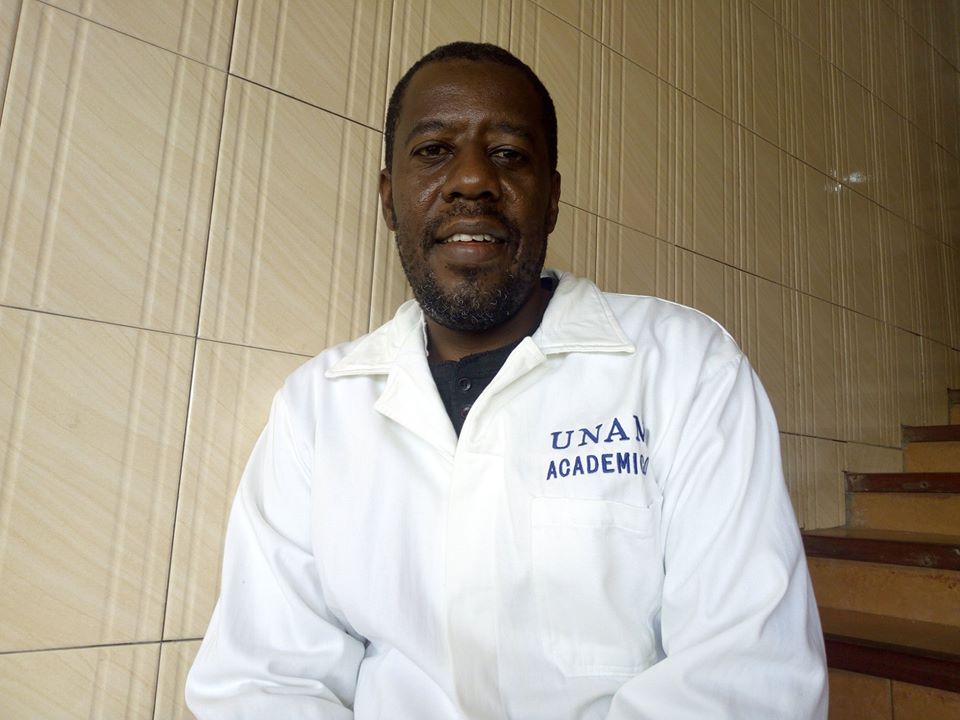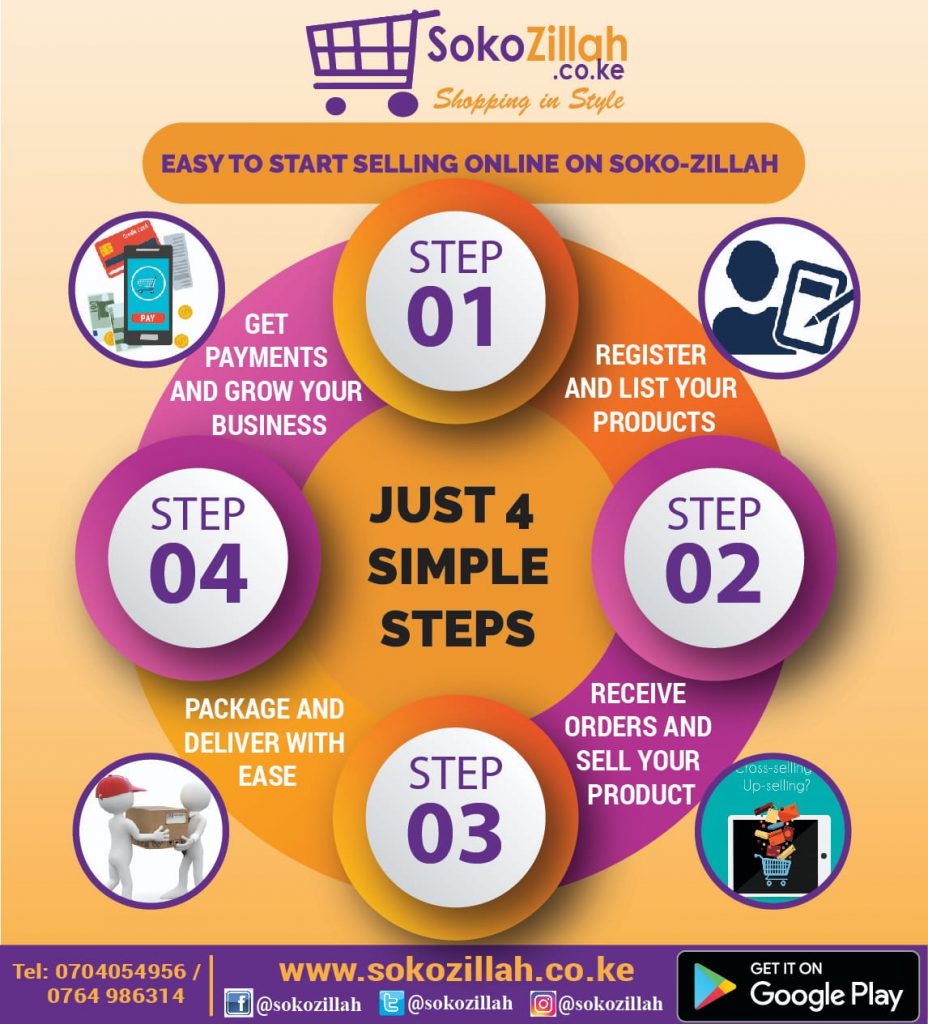Kakamega
By Prof John Muoma
As the number of Covid 19 cases continue rise worldwide, with over 1.8 million detected cases and over 110, 000 deaths, the essence of testing has become inevitable.
In the US, according to CDC information on Covid 19 by the evening of April 9, the total number of public health laboratories (PHL) certified to offer testing were 95 up from 12 a month earlier.
This indicates that the US government has taken the need for testing seriously and in one month, they have martialled a good amount of resources to make this important exercise possible.

In India, according to the India Ministry of Health and Family Welfare website by 18th March 2020 the government had declared that the first and second confirmatory tests for Covid 19 will be free for all the citizens in the 52 testing centres set up.
This was encouraging at a time when India had 147 positive cases and 3 deaths as it showed commitment towards mass testing.
In Spain, testing is currently mandatory for all citizens. This has been advised despite Reuters 27th March 2020 article where Spanish scientist discovered that some of the tests kits cannot differentiate the virus that cause the current Covid-19 to other types of coronavirus which cause common colds.

This led to withdrawal of the kits by the Spanish government and replacement of the kits by Shenzhen Bioassay, China the manufacturer.
The status of the disease in these countries enable us in Kenya review our capabilities in testing Covid 19 one month since the first case was reported. How have we as a people and a government supported the capacity to test new cases of Covid 19 and where do we need to improve?
The government previously was able to test about 400-suspected cases of Covid 19 in a day. This was probably because they had only one functional Roche cobas 6800 to test all Covid 19 cases in the country.
According to Roche cobas 6800/8000 manufacture https://www.Roche.com which had contrary information to https://www.nation.co.ke/news/New-tech-at-Kemri-to-enable-Kenya-to-mass-test-for-virus/1056-5517402-l95bh5/index.html?fbclid=IwAR3AYx9cYjElOIJ9eYVhGSrNXXRUds5Rm7pQLstc5slfr1BwODZxdsqpZVs , the highest throughput of cobas 6800 system provides 96 results in about three hours and a total of 384 results in 8 hours.
While the Roche cobas 8000 can provide 960 results in 8 hours. The good intention to recruit all the Roche cobas 6800/8800 traditionally used for HIV and use them for Covid 19 will be a big plus for Kenya.

Assuming there are five Roche Cobas 6800/8000 working, we as a country would test 7500 cases once the machine will be fully functional and the reagents availed. Considering the time frame and the date the purported recruitment was to be done/probable condition of the equipment, its unlikely that the government will be able to assemble the equipment and start mass testing immediately despite the rising Covid 19 cases.
In developing countries like Kenya, the rapid detection tests RTDs are of particular interest for low resource settings where lab tests are less obvious.
The experience from US and Spain with faulty kits should alert us on donation and equipment, which haven’t been certified by concerned authorities.
According to the Institute of Tropical medicine Antwerp, Belgium one of the institutes in the frontline on antigen-antibody kit development “COVID-19 ANTIGEN DETECTION RDTS AND COVID-19 ANTIBODY DETECTION RDTS ARE DIFFERENT”. Covid-19 antigen detection RDTs diagnose the presence of a protein of the virus in body fluids mostly in secretions of the upper respiratory tract.
Covid-19 antibody detection RDTs diagnose antibodies produced by white blood cells of the infected person during the infection. They are mostly detected in the blood. But it takes a few and up to 10 days before the concentration of antibodies in the blood is high enough to be captured by the RDT.

Further, antibodies persist long after the infection has been cleared. Unlike other (laboratory-based) immunoassays, they do not provide quantitative information (Information about the number of antibodies, expressed as dilution “titre”).
Rapid diagnostic tests (RDTs) are small stand-alone tests that are simple to use. They can be used at the triage and outside the hospital, by minimally trained staff, round the clock and on single samples. They provide test results within 15 minutes, conducive to a swift patient flow. In summary, they are attractive for decentralized testing particularly in low resource settings.

As of 3rd April 2020, there were no validation reports of Covid-19 antigen- detection and Covid-19 antibody-detection RDTs published in scientific literature (e.g. PubMed)contrary to https://www.standardmedia.co.ke/article/2001367222/kemri-starts-manufacturing-covid-19-rapid-.
This leaves us with the classical laboratory based PCR as the only approach which can quickly be up scaled in our local laboratories as the most appropriate home grown easily available and reliable method of testing Covid 19.
This is a routinely used equipment in any standard laboratory. The equipment is available in the laboratories of most Higher Learning Institutions. The ministry and the county governments should partner with universities to develop home grown solutions to help in Covid-19 mass testing.
Prof. Muoma is a Professor of Plant Biotechnology and the current Director of Science Park, Innovation and Incubation Centre (SPIIC) at Masinde Muliro University of Science and Technology (Mmust).




